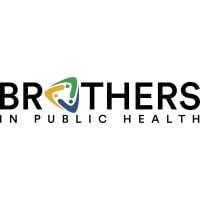
University of Kentucky College of Public Health
Public health is about building bridges and bringing people together to create healthier communities. We look at the events and circumstances impacting health—locally and globally—and ask, “How can I make a positive difference?” Many people want to help others but aren’t sure where to start. Public health is a meaningful place to begin. It represents society’s commitment to health and well-being, working to prevent disease, extend life, and promote health for all. This mission is carried out through three core functions: assessment, assurance, and policy development. Our team of public health ambassadors and champions is driving change—making communities healthier, safer, and stronger. Ready to build a healthier world with us? Then you belong here. 💙 The University of Kentucky College of Public Health inspires health leaders to advance public health in Kentucky and beyond through innovative education, transformative research, and collaborative partnerships. Our vision is advancing public health, for Kentucky, for all.






